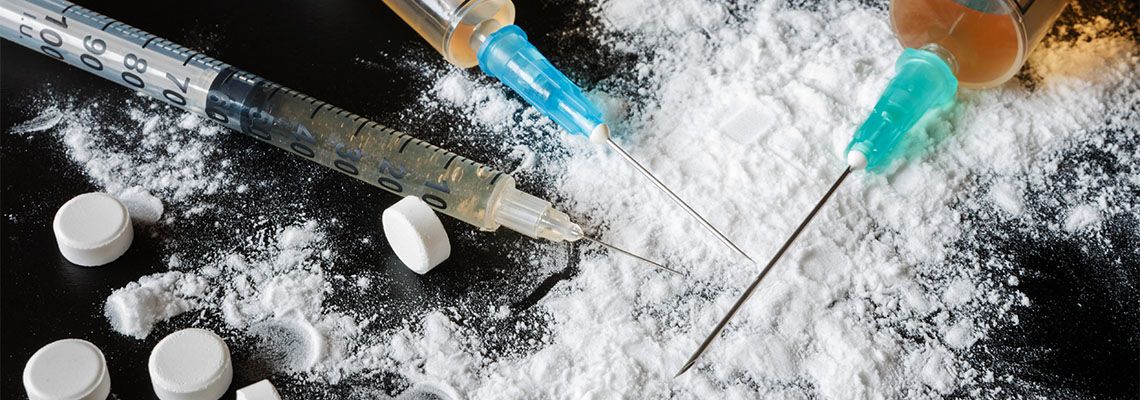
Common Misconceptions About Drug Charges
If you were recently charged with a drug-related crime, you’ll likely want to research your options and potential next steps. However, whether you look online or talk to someone you know, you may be fed false information. There are many misconceptions out there regarding drug charges, so it is best to seek guidance from a professional source like a criminal defense attorney.
Reach out to the Law Offices of Thomas R. Cox III in Dallas, Texas, when you need knowledgeable legal advice. Tom Cox has been defending the rights of Texas residents since 1990, including those charged with drug-related offenses. Tell him if you need representation in Irving, Highland Park, University Park, or anywhere else in Dallas County.
Common Myths & Facts About Texas Drug Charges
Tom Cox’s decades of experience have made him well-equipped to debunk some of the myths surrounding these charges and provide his clients with realistic expectations. Take a look at some of the most common misconceptions he hears when it comes to drug charges.
“I can’t be arrested for drugs that aren’t mine.”
Contrary to popular belief, simply claiming “Those aren’t mine!” will not stop a person from being arrested for a drug-related crime. Under Texas law, one can be arrested for being in “constructive possession” of a controlled substance even if the substance is not physically in their control or located on their body. In a case of constructive possession, the state must be able to prove two key elements in order to convict the defendant. There must be evidence to support that:
The defendant had knowledge of the controlled substance’s location.
The defendant exercised dominion and control over the controlled substance.
For example, if illegal drugs belonging to your roommate are found inside your apartment, but you knew about them and had access to them, you could be charged with constructive possession.
“If I’m convicted, it’ll fall off my record in seven years.”
If your drug charge resulted in a conviction — whether it was for a felony or misdemeanor — you will not be able to get it expunged, and it will stay on your record indefinitely. However, you may be able to file a petition for an order of nondisclosure.
An order of nondisclosure is a court order that seals part of your criminal record. It also prohibits the following public entities from disclosing that part of your record:
Police departments
Law enforcement agencies
Jails and other detention facilities
Courts, including clerks of the court
These orders may make it easier for you to find a job, secure housing, qualify for loans, and overcome more obstacles that come with a criminal conviction. It’s important to note that an order of nondisclosure applies only to a specific criminal offense and not to all offenses that may be on your record. You may, however, pursue multiple orders of nondisclosure for multiple offenses.
“Hiring an attorney won’t help.”
No matter how seemingly straightforward your drug case may feel, handling it without legal representation may harm your chances of success. The laws surrounding drug charges in Texas aren’t always clear, but working with an experienced attorney can help you better understand them and how they apply to your case.
A criminal defense attorney can also help you craft a strong argument against your charges and advocate on your behalf. Fighting a drug charge can be overwhelming. Consider letting a skilled professional shoulder the burden.
Don’t Fight Your Charges Alone
Contact the Law Offices of Thomas R. Cox III if you’ve been arrested on a drug-related charge. Tom Cox is prepared to fight to protect your freedom and your reputation. Tom proudly defends clients throughout the greater Dallas, Texas, area, including those located in Irving, Mesquite, and Grand Prairie. Reach out to his office today to schedule a free consultation.
